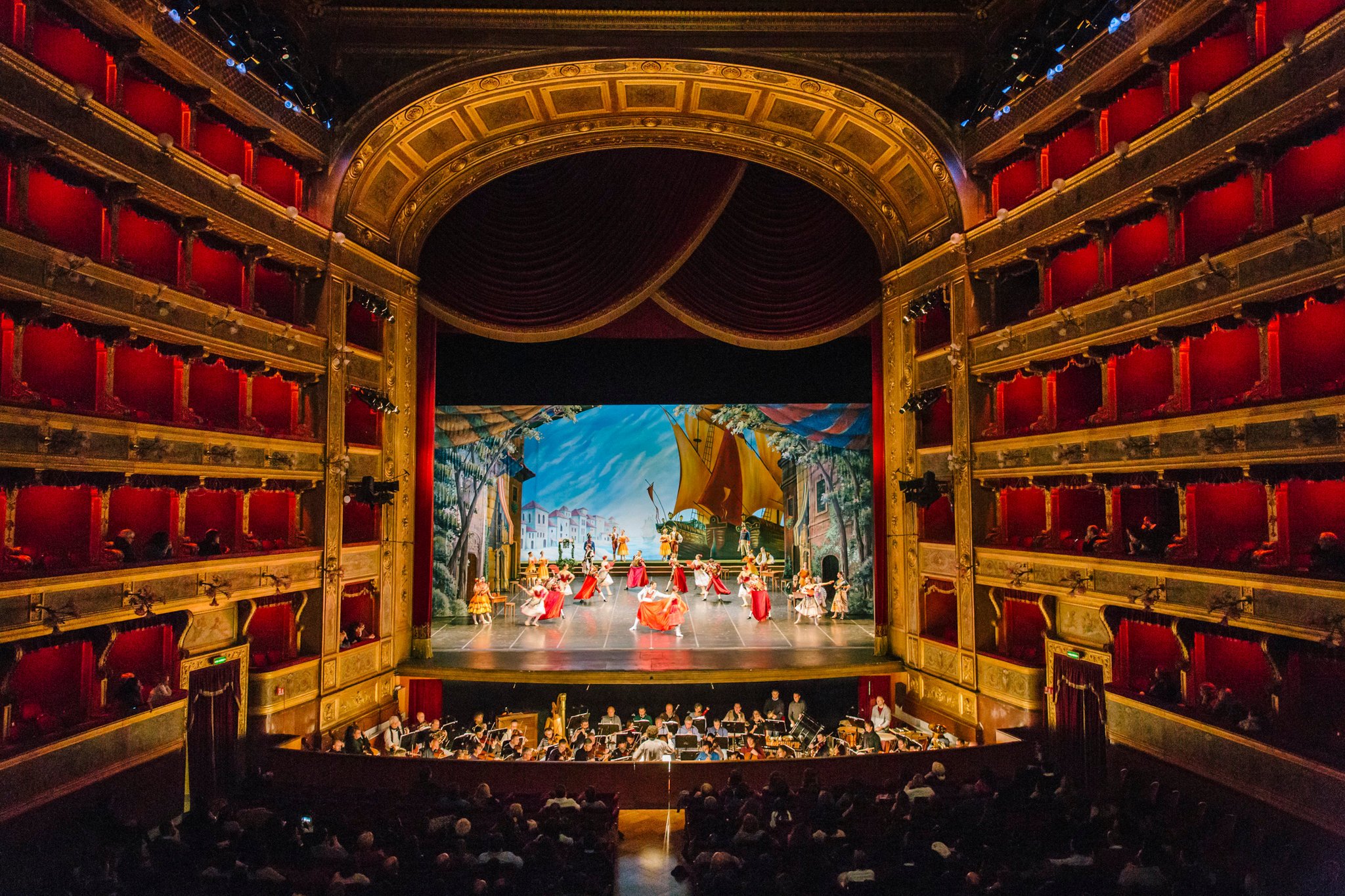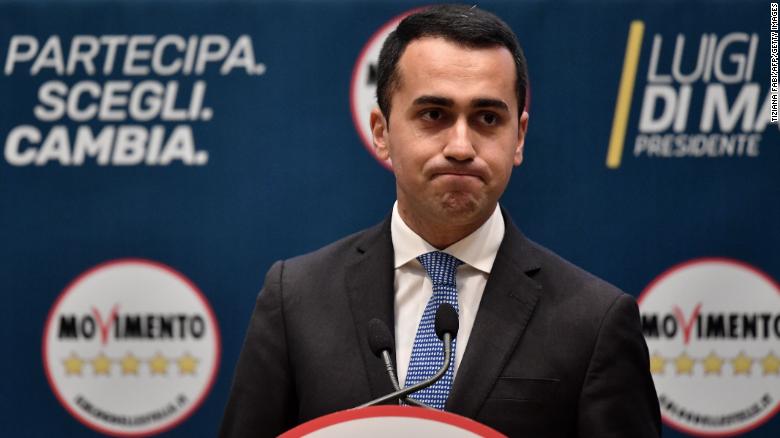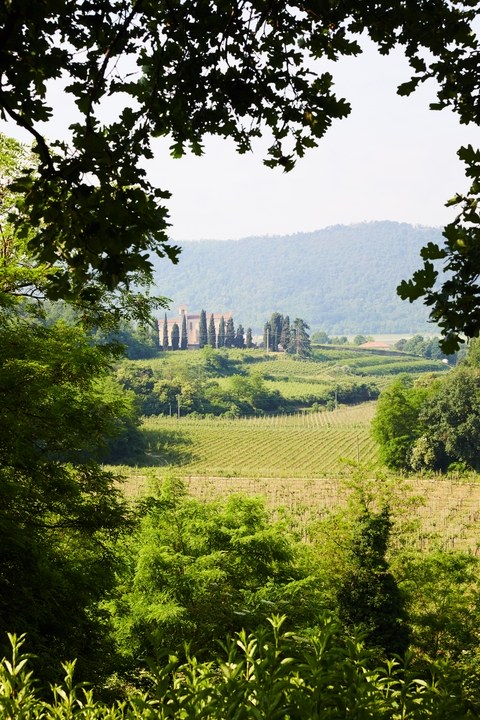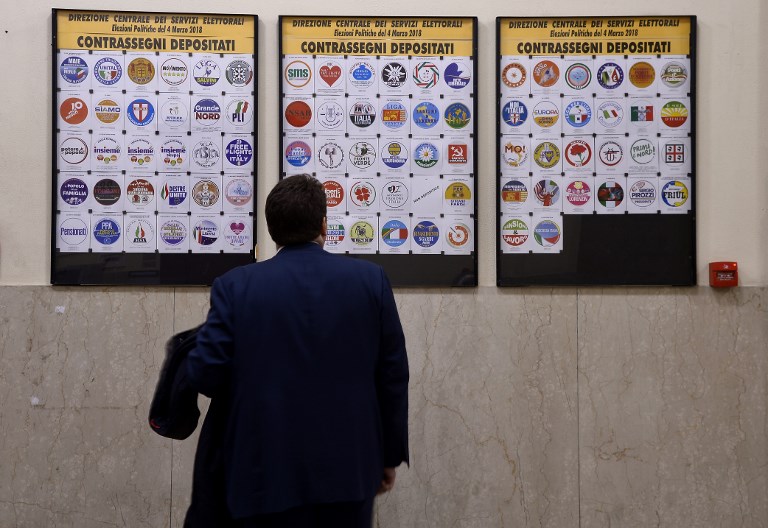L’Ambasciatore d’Italia negli USA, Armando Varricchio, ha appena concluso una missione nello Stato del Texas a Dallas, Wichita Falls e Austin. Le varie tappe del viaggio hanno confermato l’eccellenza dei rapporti tra gli Stati Uniti – il Texas in particolare – e l’Italia. “La cooperazione in ambito militare e di sicurezza, quella nel settore culturale ed i strettissimi legami economici, testimoniati anche dalla presenza di società e startup italiane alla fiera SXSW di Austin, sono i pilastri di un rapporto solido, vivace ed in continua crescita” ha affermato l’Ambasciatore.
A Dallas, Varricchio ha partecipato quale guest speaker ad un evento organizzato dal World Affairs Council di Dallas/Fort Worth, visitato alcune istituzioni artistiche e culturali della città, tra cui la Bush Presidential Library and Museum, il Dallas Museum of Arts che ha recentemente rinnovato un prestito di opere d’arte dall’Italia, tra cui anche alcuni manufatti di epoca etrusca, e il 6th Floor Museum. In città l’Ambasciatore ha incontrato Doug Parker,  Amministratore Delegato di American Airlines, compagnia aerea che collega gli USA all’Italia con numerosi voli diretti da diverse città americane, inclusa Dallas.
Amministratore Delegato di American Airlines, compagnia aerea che collega gli USA all’Italia con numerosi voli diretti da diverse città americane, inclusa Dallas.
A Wichita Falls, accompagnato dall’Addetto Militare dell’Ambasciata, Gen. Luca Goretti, l’Ambasciatore ha visitato la base dell’Aeronautica USA Sheppard dove è di stanza un contingente di piloti italiani che partecipa al programma Euro-NATO Joint Jet Pilot Training Program.
A Austin, l’Ambasciatore ha visitato lo stand italiano alla fiera SXSW, la manifestazione più seguita negli USA dedicata al mondo della musica, del cinema e delle start-up che ogni anno vede confluire nella capitale texana oltre 100.000 visitatori da 75 Paesi. Per l’Italia erano presenti, tra le altre, le start-up Adam’s Hand, Digital Mosaic e Tactile Robots, mentre la Federazione Industria Musicale Italiana (FIMI) ha selezionato 15 gruppi per partecipare all’evento. “Anche negli Stati Uniti, culla dell’innovazione scientifica e tecnologica, la presenza di società e start-up italiane, qualificate e competitive, conferma l’eccellenza e la vitalità dell’imprenditoria del nostro Paese” – ha affermato l’Ambasciatore Varricchio.










